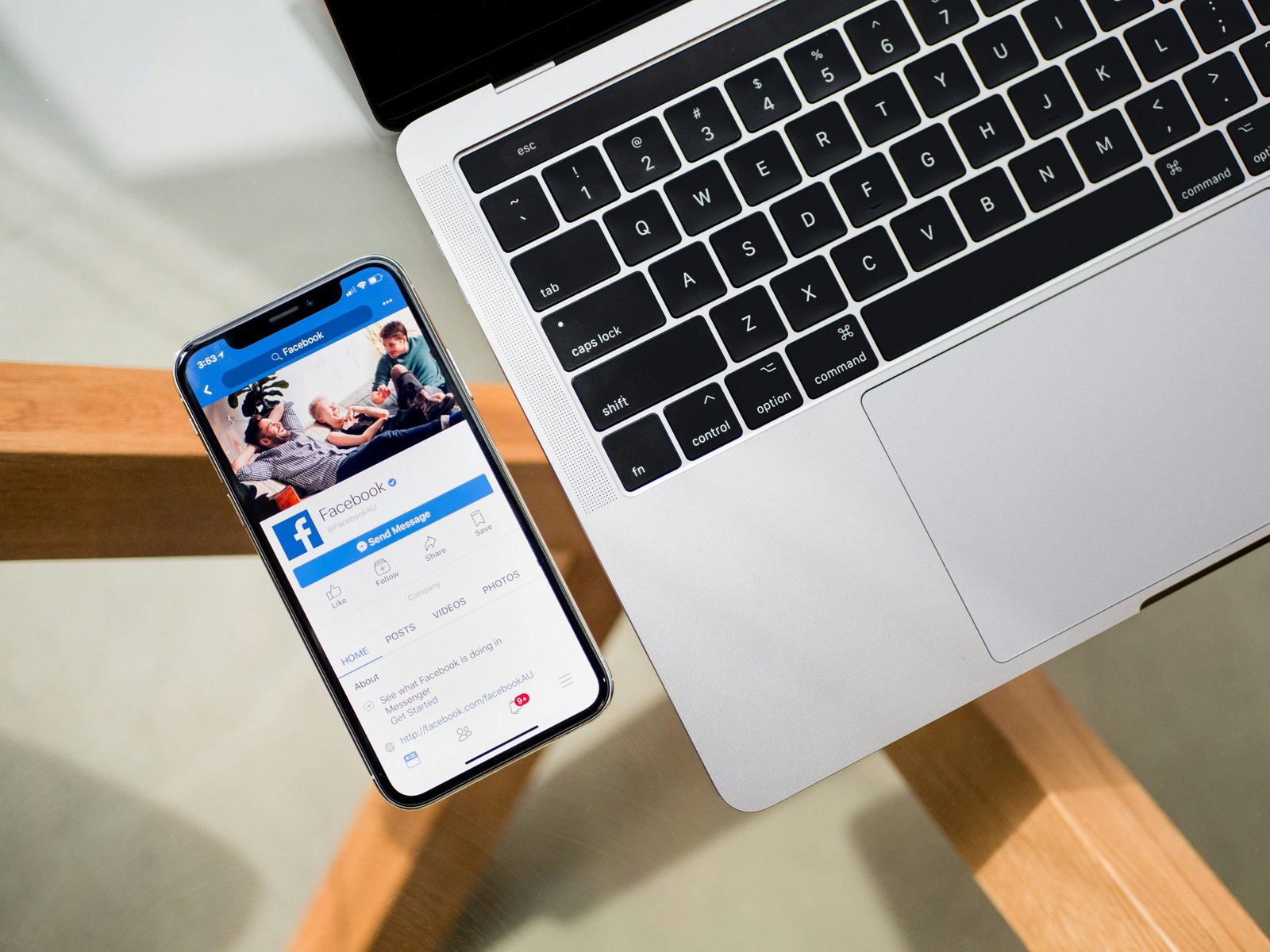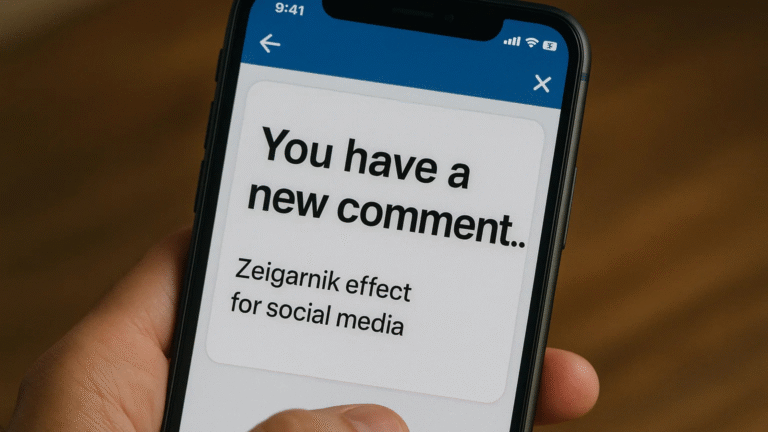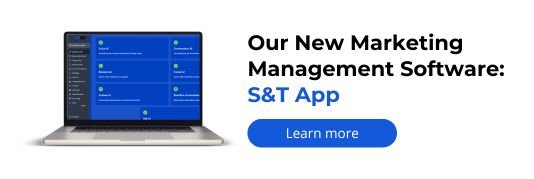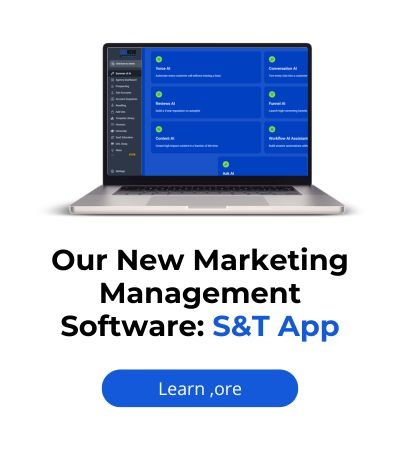Facebook ads don't work only if you don't pay attention to factors like targeting, ad design, timing, and audience engagement.
Facebook Ads Don’t Work?
There are several common misconceptions surrounding the fact that Facebook ads don’t work. Many people believe that simply creating an ad on Facebook will instantly lead to increased sales and conversions. However, this is far from the truth.
One misconception is that Facebook ads don’t work because they don’t generate immediate results. While it’s true that some businesses may see instant success with their ads, most campaigns require time and optimization to achieve desired outcomes.
Another misconception is that Facebook advertising only works for certain industries or business types. In reality, Facebook has a diverse user base spanning various demographics and interests. .
Some also wrongly believe that boosting posts on Facebook guarantees engagement and conversions. Boosting a post may increase visibility but does not necessarily result in meaningful interactions or conversions.
It’s crucial to create compelling ad copy, engaging visuals, and clear calls to action for optimal results.
There’s a misconception regarding cost-effectiveness; some mistakenly think that high costs equate to better results while low costs imply poor performance.
However, finding the right balance between budget allocation and targeted reach is key for maximizing return on investment (ROI).
In conclusion: To dismiss all claims stating “Facebook Ads Don’t Work” would be overly simplistic
However, understanding these common misconceptions allows marketers to approach their campaigns more effectively by setting realistic expectations while utilizing best practices for optimal outcomes.
The truth behind Facebook ad success rates
Many people have the misconception that Facebook ads don’t work, but the reality is quite different
While it’s true that not all Facebook ads will generate immediate results or massive returns on investment, they can still be an effective marketing tool if used correctly. It’s important to understand that success rates vary depending on various factors.
One factor that affects the effectiveness of Facebook ads is targeting. If your ad is not reaching the right audience, it won’t generate the desired results. That’s why it’s crucial to define your target audience and use Facebook’s advanced targeting options to reach them effectively.
Another factor is ad design and content. Your ad needs to grab attention and engage viewers within seconds. Use eye-catching visuals, compelling headlines, and clear calls to action to increase click-through rates and conversions.
Budget also plays a role in determining success rates. While you don’t need a huge budget for Facebook ads, investing in quality content creation and testing different strategies can significantly improve your chances of success.
Additionally, timing matters when running Facebook ads. Consider when your target audience is most active on social media and schedule your campaigns accordingly.
Tracking and analyzing data are essential for optimizing your campaigns over time. Monitor key metrics such as click-through rate (CTR), conversion rate (CVR), cost per acquisition (CPA), and return on ad spend (ROAS) to gauge performance accurately.
While there may be misconceptions about the effectiveness of Facebook ads, understanding these factors can help maximize their effectiveness for your business goals.
With proper targeting, engaging content, strategic budget allocation, careful timing choices, and ongoing data analysis, you can achieve successful outcomes with Facebook advertising.
Factors that affect the effectiveness of Facebook ads
When it comes to running successful Facebook ad campaigns, several factors come into play that can greatly affect their effectiveness.
One crucial factor is targeting. Your ads need to be shown to the right audience for them to have any impact.
By narrowing down your target audience based on demographics, interests, and behavior, you increase the likelihood of reaching people who are genuinely interested in what you have to offer.
Another important factor is ad design and copywriting. Attention-grabbing visuals and compelling ad copy are essential for capturing the user’s attention as they scroll through their news feed.
Your ads should be visually appealing and convey a clear message that resonates with your target audience.
Timing also plays a role in the success of your Facebook ads. Consider when your target audience is most active on social media and schedule your ads accordingly.
You don’t want your ads to get lost in a sea of other content or appear at a time when users are less likely to engage.
Budget allocation is another key factor that affects the effectiveness of Facebook ads. It’s important not only to set an appropriate budget but also to allocate it strategically across different campaigns or ad sets based on their performance.
Regular monitoring and optimization will help ensure you’re getting the most out of every dollar spent.
Measuring and analyzing data is essential for optimizing future campaigns.
Pay attention to metrics such as click-through rates (CTR), conversion rates, cost per acquisition (CPA), and return on investment (ROI).
By tracking these metrics, you can identify what works best for your business and make informed decisions moving forward.
7 Tips for maximizing the effectiveness of your Facebook ads
1. Define your target audience: Before creating your Facebook ads, take the time to clearly define your target audience. Understand their demographics, interests, and behaviours so that you can tailor your ad content specifically to them.
2. Use compelling visuals: In a sea of social media posts, eye-catching visuals are essential for grabbing attention. Invest in high-quality images or videos that align with your brand and message.
3. Craft persuasive ad copy: Alongside captivating visuals, strong ad copy is crucial for driving engagement. Write concise yet impactful headlines and descriptions that clearly communicate the value proposition of your product or service.
4. Test different ad formats: Experiment with various types of Facebook ads such as image ads, video ads, carousel ads, or collection ads to see which ones resonate best with your audience.
5. Leverage re-targeting strategies: Don’t let potential customers slip away after visiting your website without making a purchase or signing up for a newsletter.
Use Facebook’s re-targeting tools to show tailored ads to people who have already shown interest in your offerings.
6. Set clear goals and track metrics: Determine what success looks like for each campaign by setting specific goals such as increased brand awareness or higher conversion rates.
Regularly monitor key metrics like click-through rates (CTR), cost per click (CPC), and return on investment (ROI) to measure the effectiveness of your efforts.
7. Utilize A/B testing: Continuously refine and optimize your campaigns by running A/B tests on different elements like headlines, images, call-to-action buttons, and targeting options to identify what works best for maximizing results.
Conclusion
While it is true that Facebook ads have gained immense popularity over the years, it is important to understand their limitations. Many marketers have fallen into the trap of believing that Facebook ads alone can magically boost their business success.
However, as we have explored in this article, there are common misconceptions surrounding Facebook ad effectiveness.
The truth is that Facebook ads can be effective but only if certain factors are taken into consideration.
Factors like targeting, ad design, timing, and audience engagement all play a crucial role in determining the success rate of your campaigns. It’s not enough to simply create an ad and hope for the best; you need to strategize and optimize your approach.









